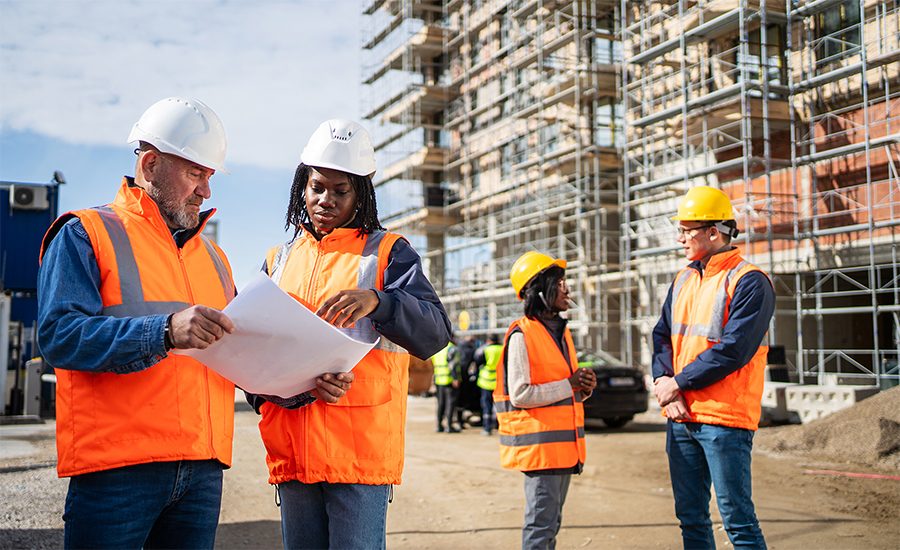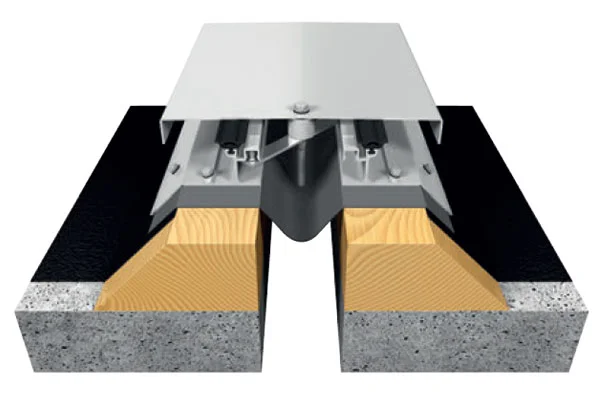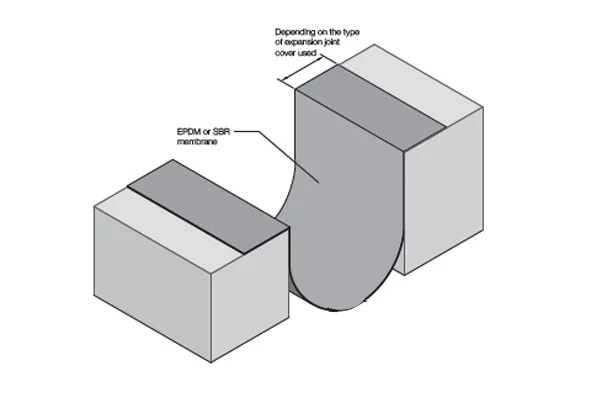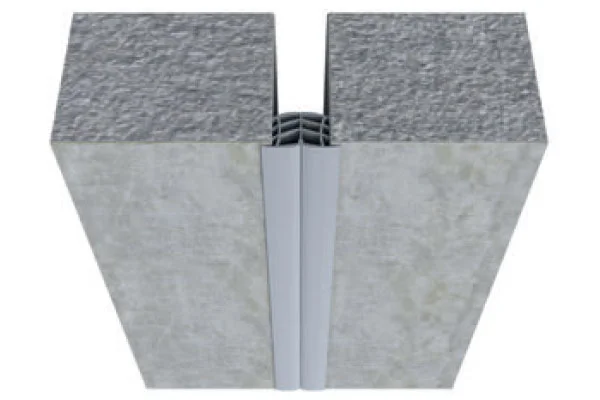
The construction industry’s digital transformation has revolutionized how projects are designed, built, and managed; however, it has also complicated the resolution of disputes. The ever-growing volume of electronically stored information (ESI), from drone footage to cloud-based project logs, has made discovery more complex, more expensive, and more prone to delay.
Without careful planning, the discovery process can quickly become the most time-consuming and costly part of a case. To keep arbitration efficient, parties must adopt a more strategic approach to eDiscovery—one rooted in preparation, collaboration, and technology.
Start with What You Know
Effective discovery doesn’t begin with a document request. It starts well before that, with a clear understanding of your data environment. Knowing where relevant records live, which custodians manage them, and what tools are available to search and review that data is critical.
Counsel who comes to the table with a firm grasp of these details is better equipped to negotiate discovery protocols, advocate for proportional limits, and avoid costly disputes down the line. Internal alignment, especially between legal, IT, and project management teams, lays the groundwork for defensible, right-sized discovery plans.
Build the Protocol Early
The preliminary hearing is no longer just a procedural formality—it’s a key moment to shape discovery. Increasingly, arbitrators expect parties to adopt a formal ESI protocol at this early stage. Doing so reduces ambiguity, prevents disputes, and helps keep the case on track.
A well-crafted protocol outlines what will be produced, when, and how. It defines the scope of relevant data, custodians, formats, and deadlines. Getting those expectations in writing not only streamlines production but also gives the arbitrator a clear reference point if issues arise later.
Use Technology Thoughtfully
Technology-assisted review (TAR), metadata analysis, and other AI-driven tools have become essential for efficiently managing large-scale document sets. In construction disputes, where a single project can involve hundreds of thousands of emails, photos, and design files, manual review is rarely practical.
TAR can quickly surface high-priority materials, while metadata can establish authenticity, context, and timelines without requiring a line-by-line review of every document. These tools aren’t just convenient—they’re necessary to reduce costs, minimize delays, and support a defensible discovery process.
Keep It Proportional
Perhaps the most important concept in modern eDiscovery is proportionality. Discovery should be scaled to the size, complexity, and value of the dispute rather than being treated as a litigation-style fishing expedition.
Parties can reduce volume and cost by focusing on final versions of documents instead of every draft and by narrowing custodians, or date ranges to those directly tied to the issues in dispute. Proportionality isn’t just a party responsibility, either. Arbitrators play a crucial role in maintaining balance by pushing back on overly broad requests and, when necessary, imposing limits or reallocating costs.
Keeping discovery aligned with the real needs of the case preserves arbitration’s core advantages: speed, efficiency, and reduced burden.
A Framework to Guide Practice
For those navigating these challenges, resources are emerging to help. The American Arbitration Association® recently released “E-Discovery Considerations for Construction Arbitrations,” a practical framework designed in collaboration with the National Construction Dispute Resolution Committee. The guidelines serve as a valuable reference for anyone seeking to structure discovery in a way that supports efficiency and fairness.
The guidance is built around four primary objectives:
- Enhancing efficiency while protecting confidentiality and privilege
- Ensuring proportionality
- Maintaining fairness between parties
- Controlling costs
By aligning with these goals, the recommendations help prevent common pitfalls, such as overly broad data collection or litigation-style review practices, that can erode the benefits of arbitration. The guide encourages early planning, targeted requests, and strategic use of technology to reduce burdens without compromising the integrity of the process.
Iman Hyder-Eliz
Image courtesy of American Arbitration Association®
Iman Hyder-Eliz is the Regional Vice President of the Construction Division at the American Arbitration Association® (AAA®), where she leads construction arbitration and mediation services across the Southeast and parts of the Midwest. She oversees the administration of Large Complex Construction Cases, manages recruitment and development of experienced construction neutrals, and leads strategic outreach and education efforts to support attorneys, construction professionals, and industry organizations. Iman joined the AAA in 2017 as a Director of ADR Services in the Commercial Division. Her effectiveness in handling high-value business disputes and her strong client relationships led to her transition to the Construction Division in 2023, where she was promoted to Vice President and then Regional Vice President. In this role, she focuses on promoting best practices, strengthening client engagement, and supporting innovation in arbitration and mediation processes. She regularly develops and delivers CLE programming, webinars, and trainings that promote efficiency, fairness, and advocacy excellence in ADR. Iman is also involved in initiatives to incorporate emerging tools—such as AI-powered scheduling and eDiscovery protocols—into arbitration proceedings, helping streamline case management and improve outcomes. Before joining the AAA, Iman worked as a mediator for several years, resolving disputes in family law and real estate. That experience shaped her people-centered approach and her commitment to accessible, thoughtful dispute resolution. A proud native of the Dallas–Fort Worth area, Iman holds a Master’s Degree in Dispute Resolution and Conflict Management from Southern Methodist University and a particularly in the construction space, where effective dispute resolution is critical to preserving time, resources, and relationships.








